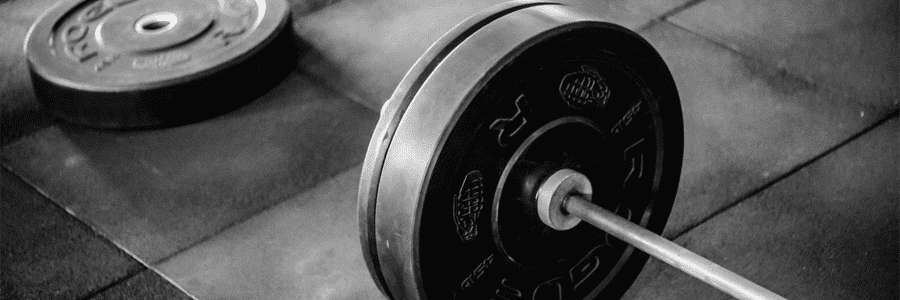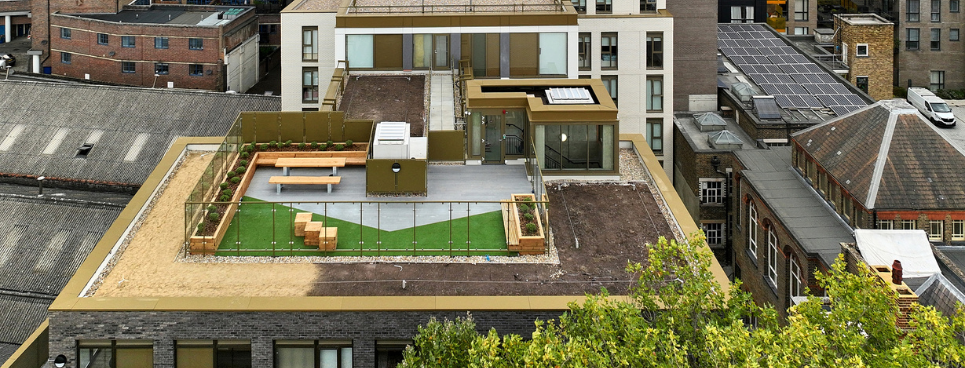News flash! Host Shortlisted for Three Prestigious GSL (Global Student Living) Awards 2025 and Retains Platinum Operator Certification
ROOMS SELLING FAST Find your new home for September

Coronavirus may have you worried about your health and wellbeing but that’s no reason to end your fitness regime. We all get that feeling of grabbing a bar of Dairy Milk, sticking Netfilx on, avoiding all the doom and gloom and having a duvet day. But! now, more than ever you need to think about your physical health and exercising..
We’ve taken a look at the latest advice from the International Health, Racquet & Sportsclub Association (IHRSA) regarding exercising in general during these, well, strange times.
The first thing to remember is that science shows that exercise is beneficial to your immune system and overall health. Obviously, those at higher risk have been advised by the NHS to take extra precautions but for the majority of us continuing our exercise regime is very much a good idea.

Exercising is good for our immune systems, it lowers our stress levels, and let’s be honest the way the news is we’re all a little stressed right now, but more importantly, exercising provides a much-needed dose of social support (just keep at least a metre away from the next person) and a focus on our energy.
In 2018 an extensive study in the Journal of Sport and Health Science outlined how bouts of exercise of less than an hour enhances the circulation of antibodies and other immune cells that play a role in our body’s defence. It may lead to enhanced immune surveillance and enhance our bodies response to viral invaders such as Coronavirus.
Keeping physically active will also have an indirect positive effect on limiting stress and research has found that people with higher levels of psychological stress were more susceptible to the common cold. Other research found that regular exercise can create greater emotional resilience to short term stress in healthy people. The positive effects of exercise include:
It’s good for your metabolic health too. Research has found that poor metabolic health leads to a poorer immune system which is why people with medical conditions such as diabetes are at higher risk of developing infections from the flu or Coronavirus for example. Long term studies have shown that 30 minutes of moderate exercise, such as walking briskly, for 30 minutes a day can reduce the risk of diabetes by 30%.
…and Izaak (Our Admin Assistant at The Glassworks) who got on the rowing machines for Sport Relief…
…and keep exercising – it’ll keep you in good health both physically and mentally! Stick on your trainers and go for a run or check out these 10-minute home workouts and the Ultimate Home Workout Plan if you have a set of Dumbbells.

The World Health Organisation has released advice on protecting your mental health during the Coronavirus outbreak. Some of their recommendations include:
Remember to follow the government’s advice, check the latest information on the NHS website and above all keep washing your hands.
Source: IHRSA 4 Reasons to keep exercising and BBC News.
To become more ‘environmentally friendly’, Host is launching the #HostEnvironmentalPledge campaign to encourage responsible behaviour and drive sustainability across our sites throughout the UK and Ireland.
It’s a simple campaign! For every percent we reduce our overall utilities (electric, water and gas) consumption by we donate to one of our nominated charities.
Show me all newsAs the academic year winds down, many students start packing their bags and heading home for a much-needed break. But what if you stayed in your university town or city instead? Picking up a summer job where you study can be a game-changer - not just for your bank balance, but also for your personal growth and career prospects. Here's why staying local this summer might be one of your smartest moves yet, along with practical tips to make the most of it.
Choosing where to live during your studies in London is about more than just finding a place to sleep - it’s about finding a supportive, safe, and enriching environment that enhances your university experience. Here's why thousands of students choose Host as their student accommodation provider in London every year.



